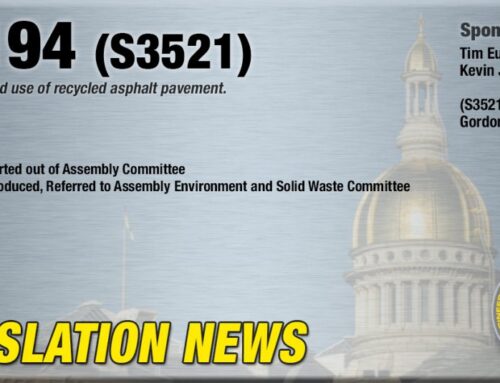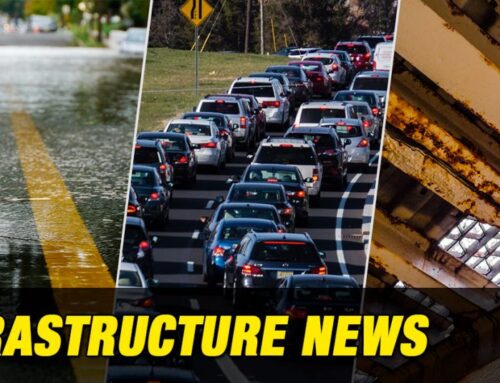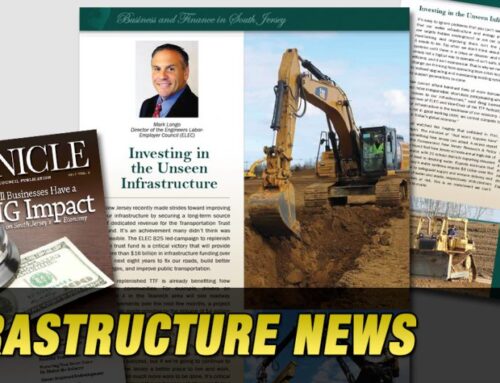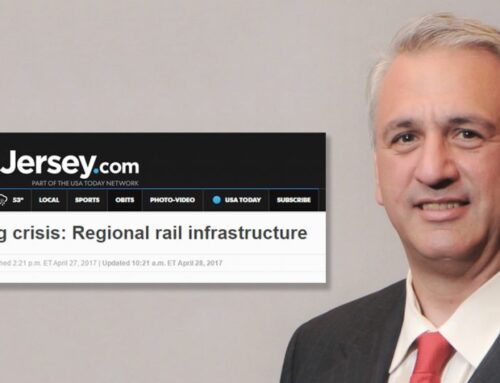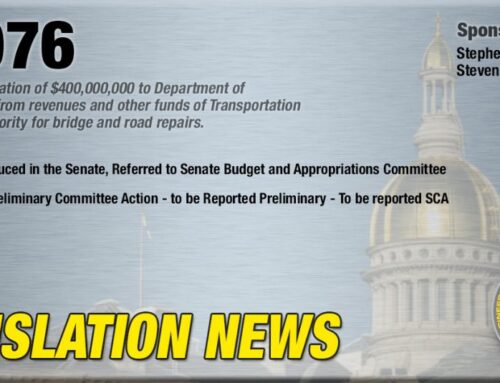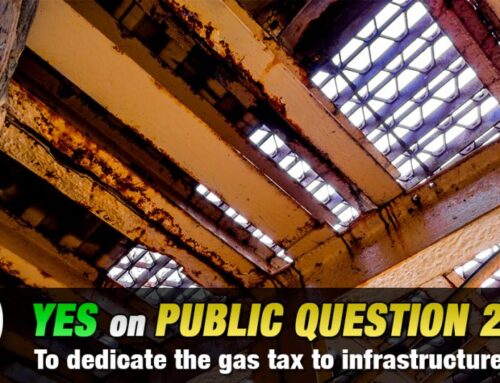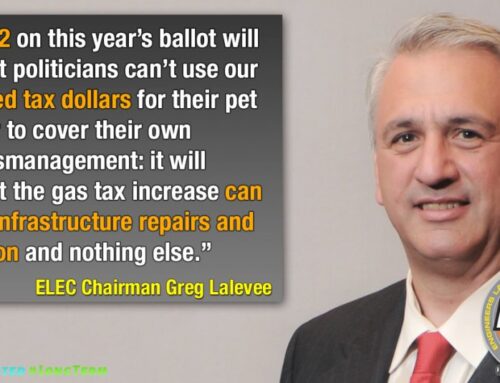“The bridges and highways we fail to repair today will have to be rebuilt tomorrow at many times the cost.”
Ronald Reagan
President Reagan spoke these words in November of 1982 while advocating for more than doubling the federal gas tax for the nation’s infrastructure at a time when the country was mired in a recession, unemployment was 10.8% (the highest since the Great Depression), and Reagan’s approval rating hovered around 40%. Reagan stuck to his guns.
“…I’m asking the Congress when it reconvenes next week to approve a new highway program that will enable us to complete construction of the interstate system and at the same time get on with the job of renovating existing highways. The program will not increase the Federal deficit or add to the taxes that you and I pay on April 15th. It’ll be paid for by those of us who use the system, and it will cost the average car owner only about $30 a year. That’s less than the cost of a couple of shock absorbers. Most important of all, it’ll cost far less to act now than it would to delay until further damage is done.”
The result? Reagan signed the Highway Revenue act of 1982 into law and the country experienced a stunning economic recovery.
But now, under eerily similar circumstances, there are organizations pushing to do just the opposite of Reagan, to kick maintenance of our busiest highways down the road while at the same time choking off one of the main drivers of our economy and our recovery from this pandemic – infrastructure. As Reagan showed us, now is the time to lean into infrastructure.
Critics think that New Jerseyans will drive less after travel restrictions are lifted. But there are reports overseas that suggest otherwise:
Bloomberg News: Car Boom in Wuhan Holds Out Hope for Post-Lockdown Recovery
“Pan Fei, a marketing director at the Wuchang Audi dealership, said some customers appear more motivated than before the crisis because they see personal vehicles as safer than public transport.”
The Bloomberg report points out and common sense would dictate, a run on vehicle purchases overseas forecasts a future of commuters that are terrified of secondary infection or spread here in the Northeast. These folks, eager to return to work and a steady paycheck, but weary of crowds following weeks of social distancing, will take refuge by commuting in vehicles by themselves.
As has been explained on numerous occasions by the Commissioner of Transportation Diane Gutierrez-Scaccetti, plans for a program of this magnitude and complexity have been in place for months. It is a thoughtful, comprehensive and forward-looking investment that will kick start the economy. Simply ask FDR how the middle-class was built and our nation was rebuilt after the depression. And Reagan too.
During times of crisis, bold and decisive action is what brings society back from the brink. We applaud the New Jersey Turnpike Authority and South Jersey Transportation Authority plans for improvement.




